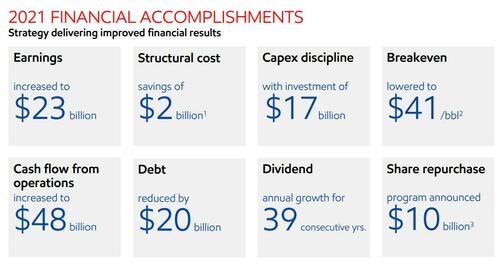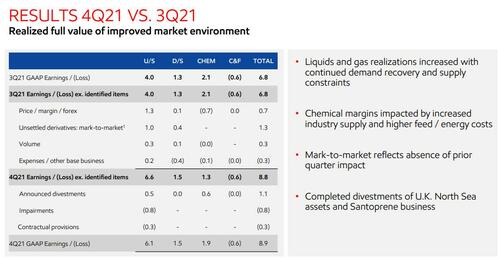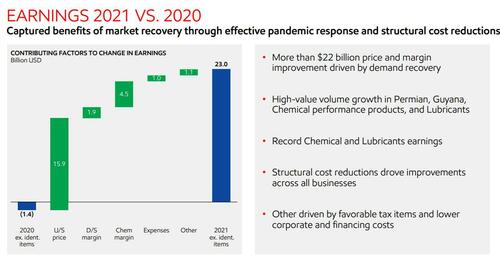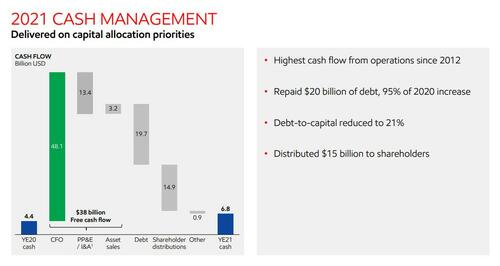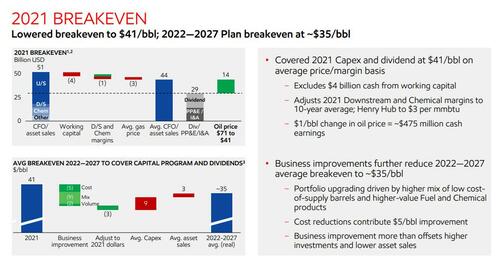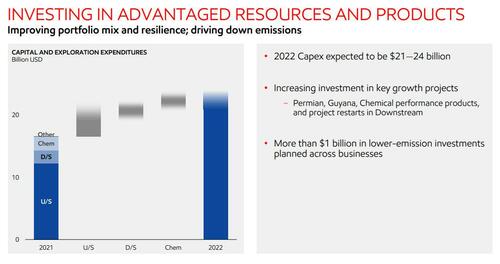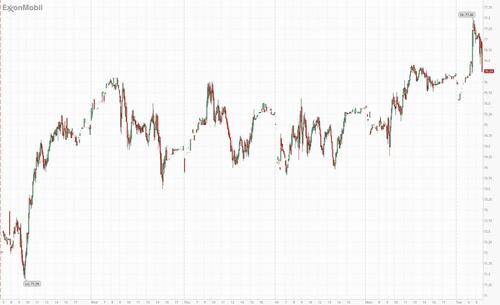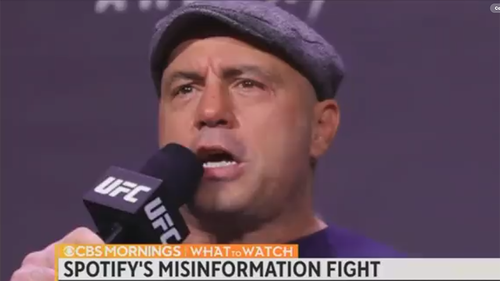
A bad bill from 2020 returns. An ill-conceived and dishonest measure known as the EARN IT Act is being revived in this year’s legislature. We covered the bill when it was first introduced, calling it “the new FOSTA.” Like the 2018 law FOSTA, the EARN IT Act would make dangerous changes to the digital landscape and legal structure under the guise of protecting children.
Formally titled the Eliminating Abusive and Rampant Neglect of Interactive Technologies Act, it was first proposed back in 2020 but failed to go anywhere. On Monday, Sen. Richard Blumenthal (D–Conn.)—one of the bill’s sponsors—began tweeting about EARN IT again, spewing the same falsehoods about tech companies being indifferent to child pornography and how this bill is needed to hold them accountable.
The reintroduced EARN IT Act is now scheduled to be discussed at a Senate Judiciary Committee meeting on Thursday. It’s being sponsored by a bipartisan group that includes some of the Senate’s worst actors, including Lindsey Graham (R–S.C.), Dianne Feinstein (D–Calif.), and Josh Hawley (R–Mo.).
The bill has earned criticism from all sorts of civil liberties, sex worker rights, LGBT, and free speech groups including the American Civil Liberties Union, the Electronic Frontier Foundation, the Urban Justice Center, Hacking//Hustling, and Human Rights Watch.
Support for the EARN IT Act tends to come from groups opposed to all sex work and/or pornography (even when all parties are consenting adults). Their propaganda has been both sensationalist and incoherent, such as the group Protect Young Eyes claiming both that tech companies reported millions of sexual images that potentially featured minors and that these companies were impervious to such images. Protect Young Eyes also asserts that people on mainstream sites are openly sharing obviously illegal content featuring babies and young children with impunity, when no mainstream site allows this and all have mechanisms in place to stop it. The real issue has been with images shared by or featuring teenagers whose ages are not always easy to ascertain.
The melding of such disparate categories, from truly heinous abuse to semi-clothed selfies taken by 17-year-olds, is something bill supporters not only deliberately perpetuate now, but aim to further encourage. The bill would officially change all criminal code uses of the term child pornography—a phrase that many now realize encompasses terrible acts and teens taking pictures of themselves—with the term child sexual abuse material (CSAM).
The main thrust of the EARN IT Act is to add another exception to Section 230 (the law that shields digital entities from some liability for user and customer communications) related to child pornography. What supporters of the law like to obscure is that digital entities are not shielded from federal prosecution if they break child porn laws. The EARN IT Act isn’t needed to criminally punish them for this.
Rather, the bill would “eliminate this liability shield in federal civil claims regarding the production, distribution, solicitation, and reporting of child sexual abuse material (CSAM),” as a coalition opposed to the bill explained back in 2020. “The EARN IT Act would also abrogate Section 230’s shield for all state criminal and civil laws ‘regarding the advertising, promotion, presentation, distribution, or solicitation’ of CSAM, as that term is defined by federal law.”
“To be clear, we are not concerned about platforms censoring CSAM,” the coalition stressed. “However, the effect of the changes EARN IT would make to Section 230 could be similar to, and even more harmful to online speech than, those made by SESTA/FOSTA, which eliminated Section 230’s liability shield for content related to sex trafficking. Instead of narrowly targeting sex trafficking which used digital platforms, the law de-platformed and erased the existence of many, including sex workers, harm reduction workers, and sex educators. … The EARN IT Act could incentivize similar censorship efforts by platforms.”
The EARN IT Act won't make children safer, but it will trample online free expression, privacy, and human rights. Its been roundly condemned by nearly every major LGBTQ+ organization and human rights group in the country https://t.co/oLLJiIb6Xa
— Fight for the Future (@fightfortheftr) February 1, 2022
The full text of the 2022 version of EARN IT has not yet been released, so perhaps some of the problems from last time have been fixed. But statements about EARN IT 2022 sound like the same old fear-mongering, privacy-infringing, unconstitutional nonsense as before.
The new bill “appears to be just a reintroduction of old EARN IT fixing none of the problems,” tweeted Techdirt‘s Mike Masnick. “It misunderstands the problem. Creates a ‘solution’ that will make it harder to actually fight CSAM… and creates a ton of collateral damage in the process. Just bad all around.”
Evan Greer—director of digital advocacy group Fight for the Future—points out that “more than HALF A MILLION people signed this petition to lawmakers opposing the EARN IT Act last Congress NoEarnItAct.org.”
Senator, the EARN IT act has been roundly condemned by nearly every major LGBTQ+ advocacy and human rights organization in the country. This is a bill that will make children less safe, not more safe, undermine online safety and security, and trample free expression. Start over. https://t.co/BxgbahLrHE
— Evan Greer (@evan_greer) February 1, 2022
FREE MINDS
Old Pros art projects commemorate sex worker rights history. The #OldProProject commemorates an early U.S. sex worker rights protest with a series of projects from artists around the country. This year’s projects include a calendar, an interactive historical map of places important in sex worker rights history, and short documentaries about burlesque performers in Seattle, sex worker activism in New Orleans, black dominatrixes, a nonprofit that serves sex workers (Aileen’s), and the history of the sex trade in Hawaii. The goal of the #OldProProject, according to its website, “is to change the stories that are told about sex workers. We believe that by reclaiming our place in history, we can claim our human rights for generations past, present, and future.”
FREE MARKETS
With cops allegedly out of the picture, NYC food truck policing has gotten worse. “NYC is still ticketing the dickens out of New York’s street-food sellers,” notes Baylen Linnekin in a recent Reason column. Linnekin looks at new data on how the city’s shift away from police enforcement of food truck rules has fared. The data suggests “the city may be ticketing vendors more now than before the change,” notes Linnekin. This stems in part from the fact that cops haven’t actually stopped ticketing food truck vendors:
Last year, the city shifted primary enforcement of vending regulations from NYPD to the Department of Consumer and Worker Protection (DCWP). But the new WNYC/Gothamist data reveal city police are still issuing tickets. That—coupled with the fact DCWP issued more tickets this past summer than the city did during the same period in 2019—means that, combined, Eater New York reports, DCWP and NYPD “issued 540 tickets from July to September last year, as compared to 525 tickets issued by the NYPD in the same period in 2019.”
FOLLOWUP
New paper questions study on emotional language. In Roundup last month (“Our Language Has Gotten More Emotional. Why?“), I covered a survey that looked at Google Books data and New York Times articles to conclude that Americans were using fewer words related to rational thinking and more words related to feelings. New commentary in the Proceedings of the National Academy of Sciences probes this finding, asking if the effect found could be a result of the texts analyzed and “what is the relationship between shifts in word usage and underlying psychological or social reality?”
QUICK HITS
BREAKING: The federal prison system has been placed on a nationwide lockdown after two inmates were killed and two others were injured Monday during a gang altercation at a federal penitentiary in Texas. https://t.co/8IVxpY5U9O
— The Associated Press (@AP) February 1, 2022
• In a recent Monmouth University survey 70 percent of respondents agree that “it’s time we accept that Covid is here to stay and we just need to get on with our lives.” This sentiment was shared by 89 percent of Republicans, 71 percent of independents, and 47 percent of Democrats.
• A subvariant of the omicron strain of COVID-19 is more contagious and more easily evades current vaccines. But it’s also less likely to be spread by vaccinated people, according to a new study out of Denmark.
• Former Reason Editor in Chief Virginia Postrel discusses how her 1989 book The Future and Its Enemies applies to our current culture and society.
• A California bill that would’ve set up a single-payer government healthcare system in the state has failed to move forward. “Lawmakers declined to vote on a high-profile effort to overhaul California’s healthcare system on Monday,” the Los Angeles Times reports.
• Lawmakers like to pretend weakening section 230 would only hurt big companies like Google, Facebook, and Apple. In a new Cato policy analysis, Jennifer Huddleston lays out why this isn’t so:
We often think of #Section230 in terms of big players like Facebook and Google, but s my new piece at @CatoInstitute discusses, it is just as important (and maybe even more important) to small players and new entrants https://t.co/ZXGJ1zDm9w 1/4
— Jennifer Huddleston (@jrhuddles) January 31, 2022
• The book The Child Is the Teacher: A Life of Maria Montessori takes an interesting look at the Montessori school founder’s life and philosophy. She “comes across as a brilliant visionary but also as a control freak prone to outbursts of anger, often on the edge of a nervous breakdown,” suggests David Kirby in a review of the book.
• Biden is right to reject passing an executive order to cancel student loan debt, writes Timothy B. Lee at Full Stack Economics. “It’s far from clear that Biden has the legal authority for large-scale student debt cancellation by executive order. And a standalone policy of loan forgiveness is bad policy. It would only encourage students to take on more unmanageable debt burdens in the future.”
• Is former President Donald Trump’s grip on the Republican Party slipping? (See also: Donald Trump Just Showed Why Reforming the Electoral Count Act Is Essential.)
• The Food and Drug Administration has finally given full approval to the Moderna COVID-19 vaccine.
The post The EARN IT Act Is Back. Here's What People Are Saying. appeared first on Reason.com.
from Latest – Reason.com https://ift.tt/p92RUdrLg
via IFTTT


